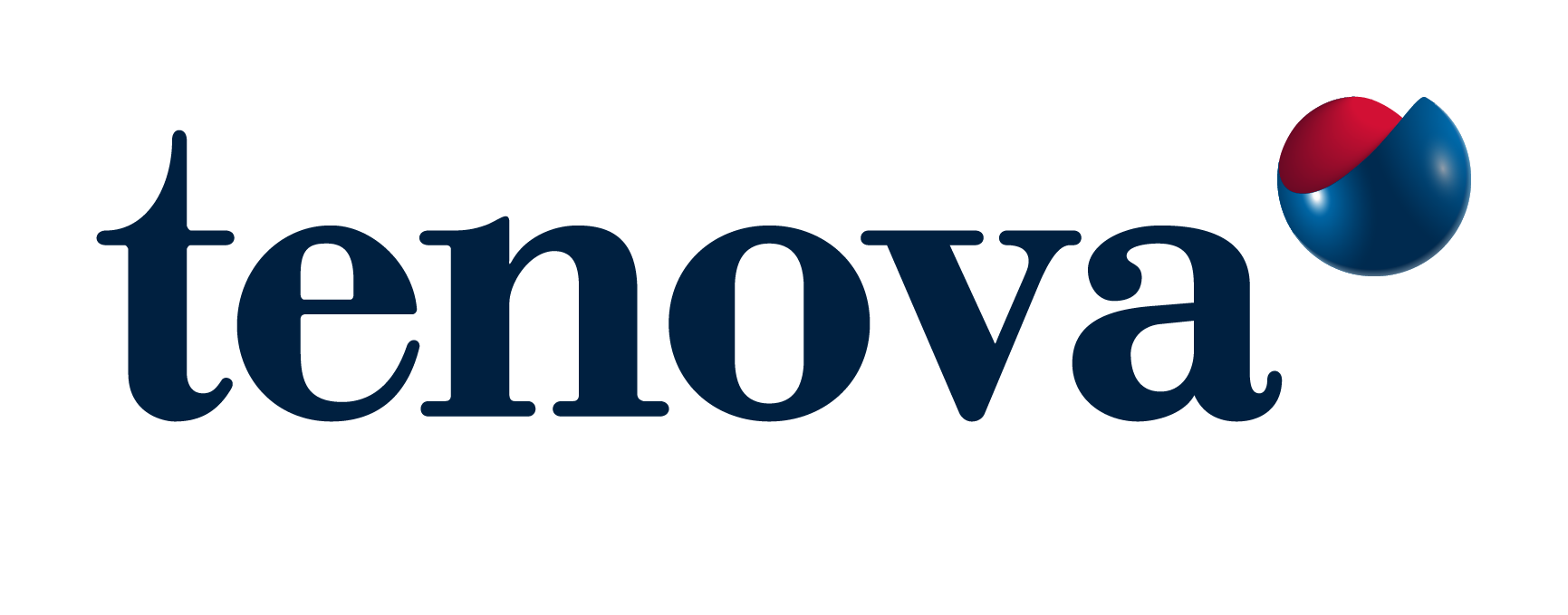Memorandumof Understanding
The Anti–Corruption Collective Action Initiative for the Metals Technology Industry (MTI)

Memorandum of UNderstanding
Key Principles of MTI
The Member companies signed a Memorandum of Understanding (MoU) setting out their anti-corruption commitments and proposed actions to promote their anti-corruption principles. The founding members went public with their Initiative in September 2016.
1
Commitment
Commitment to acting with integrity in business practices
- Prohibit all forms of bribery
- Prohibit all forms of bribery and corruption including facilitation payments in all their operations globally; includes promising, offering, and granting of inappropriate advantages as well as demanding and accepting inappropriate advantages in order to obtain and or retain business
- Principles
- Principles apply to all phases of the business lifecycle, including acquisition, execution, completion and final acceptance of project and after sales services
- Prohibit bribery by agents
- Prohibit bribery by agents and other intermediaries operating on their behalf, and those agents/intermediaries not abiding by such standards may be excluded from any business relationship
- Laws
- Abide by all applicable laws
- Periodic review
- Periodic review of respective anti-corruption compliance programmes and update as appropriate
2
Developing
Developing and implementing an anti-corruption compliance programme
- Essential elements
- Implement the essential elements of an anti-corruption compliance programme, including corruption risk assessments, a clear commitment from senior management, a Code of Conduct, appropriate policies and procedures, and training and awareness raising.
- Oversight
- Ensure adequate resources and autonomy of the function responsible for implementing and administering the programme.
- Internal control systems
- Implement robust internal control systems, including financial controls, and carry out appropriate monitoring.
3
Fair Competition
- Open competition
- No restrictions on competition, such as through price-fixing, market allocation or bid rigging.
- Sensitivity of information
- No exchange of sensitive information that could distort competition.
- Fair use of market position
- Refrain from abusing a dominant position in a particular market.
- Respect antitrust laws
- In no way limit competition in breach of applicable national and international antitrust laws.
4
Addressing Key Risks
- Intermediaries
- Aim to reduce the use of intermediaries wherever possible, to implement appropriate risk-based due diligence and approval procedures, and to design remuneration structures to minimise non-compliant behaviour.
- Intermediate companies
- Perform appropriate due diligence on intermediary companies as well as the end customer, including understanding the business purpose of the use of such an entity.
- Project acquisition
- Reject and reduce the risks of all forms of bid-rigging, and implement enhanced due diligence measures in bidding processes.
- Donations, gifts and hospitality
- Ensure charitable and political donations are made in accordance with applicable laws, and that gifts and hospitality are not used to influence business decisions.
- Public officials
- Provide employees with appropriate guidance on public officials to mitigate increased legal and reputational risks.
5
Sharing Best Practices
- Discussions
- Exchange views on best practices in the development of internal anti-corruption policies and Codes of Conduct, as well as other compliance matters.
- Training
- Share experiences on methods of training for personnel, including techniques and modes of delivery.
- Awareness raising
- Use various methods to convey anti-corruption messages and information, including case studies and specialised sessions on specific risk areas.

Secretariat & Facilitator
Commitment to Acting with Integrity in Business Practices
MTI is a business-to-business initiative that is governed by Member Meetings, which take place three times a year. Decisions are reached by consensus and the meetings are convened by a neutral third party. The Initiative is not a legal entity.
The Collective Action team at the Basel Institute acts as the facilitator and convener of the Initiative. The convener is neutral, has no conflicts of interest and is external to the industry which helps to ensure that no antitrust issues arise during the meetings. The members that participate in the meetings are senior legal and compliance officers who are also well aware of the antitrust issues and this also helps to ensure that the risks are minimized. The Basel Institute also acts as the Secretariat of the Initiative.
The Basel Institute’s team works with companies and other concerned stakeholders to develop, facilitate and moderate anti-corruption Collective Action initiatives in a variety of industry sectors. The Basel Institute also supports research and the development of the academic discourse on anti-corruption Collective Action, as well as hosting the B20 Collective Action hub.









